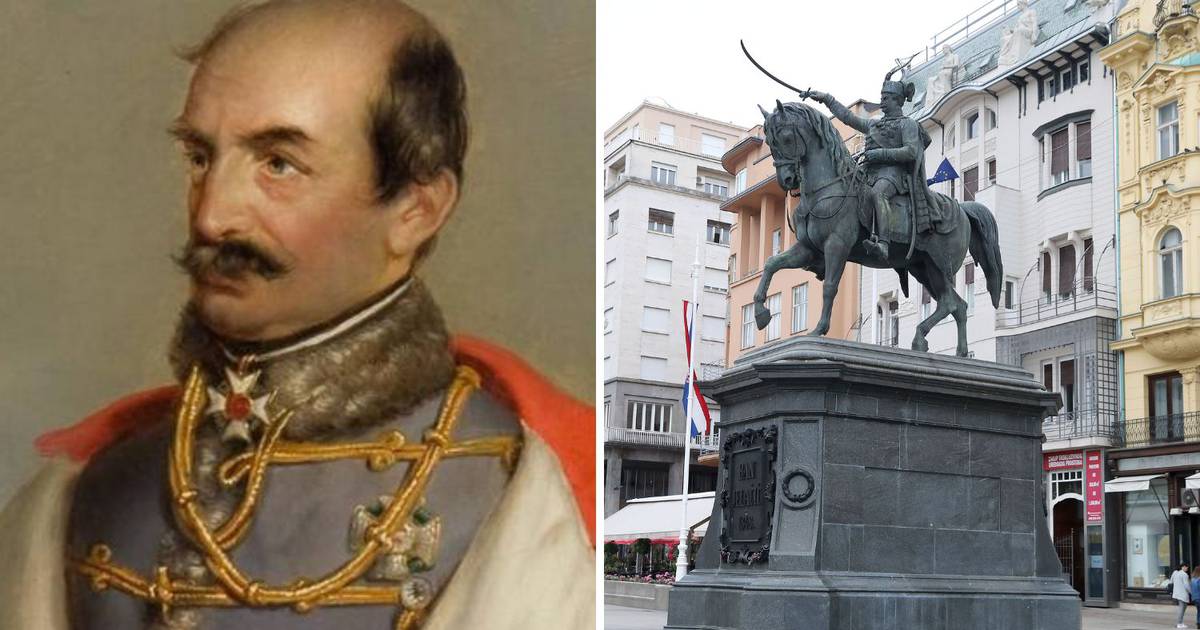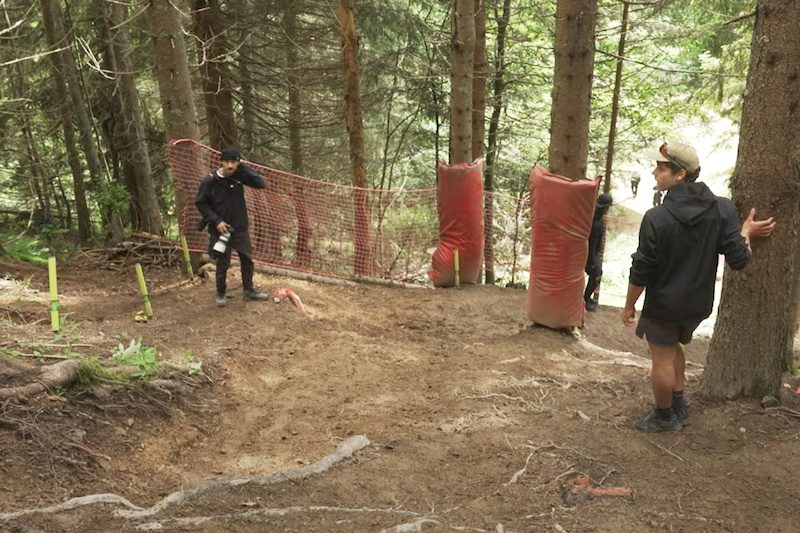Joseph Jelačić, a prominent Croatian politician who abolished serfdom, called the first elections for the Croatian Parliament and was enthroned in Zagreb as a military officer. Born into an Austrian family and raised with a passion for warfare, Jelačić excelled in various skills and languages from a young age. He rose to the position of ban on October 23, 1848 and implemented numerous reforms to improve the lives of Croatians. Despite facing challenges and political turmoil during his reign, Jelačić always sought peaceful solutions and prioritized the well-being of his people.
Jelačić led his troops into battle against Hungarians, emerging victorious with the help of the Austrian army. His soldiers adored him for his leadership skills and charisma, making him a national hero in Croatia. However, Jelačić’s personal life was marked by tragedy, including health issues and poisoning attempts that ultimately claimed the lives of his wife and daughter.
Despite these setbacks, Jelačić remained dedicated to promoting Croatian independence and cultural initiatives throughout his time as ban. In 1859, he passed away in Zagreb at the age of 50, leaving behind a legacy of military prowess and dedication to his country. Today, Jelačić remains an important figure in Croatian history, celebrated by many as a national hero whose influence is still felt today.
Joseph Jelačić was born into an Austrian family that valued military education from a young age. As he grew older, he excelled in various skills and languages that would set him on a path towards success as a military officer.
In 1848, Joseph became Ban Josip Jelačić after being appointed to the position by King Ferdinand II of Austria-Hungary. As Ban of Croatia-Slavonia-Dalmatia-Istria-Kvarner Islands-Friuli-Venezia Giulia Province (which is quite long!), he embarked on several reforms aimed at improving the quality of life for Croatians.
Joseph built roads throughout Croatia to facilitate transportation between towns and cities. He also established foundations for war veterans who had sacrificed so much for their country.
One major accomplishment during Joseph’s reign was issuing the Croatian Forint currency which helped stabilize trade within Croatia.
However, political turmoil plagued Joseph’s rule as various factions vied for power over him. Despite this challenge, Joseph remained committed to finding peaceful solutions that would benefit all parties involved.
The most significant victory came when Joseph led his troops across the Drava River to engage Hungarians in battle during what would become known as “The Battle on Drava.” With support from Austria’s army, Joseph emerged victorious over Hungarian forces.
Joseph’s soldiers admired him not only for his military prowess but also for his leadership skills and charisma on the battlefield.
Unfortunately for Joseph however; personal struggles continued to plague him throughout his reign. Health issues forced him to take frequent breaks from work while poisoning attempts were made against him by disgruntled officers who saw him as an obstacle to their own aspirations.
Despite these challenges though; Joseph remained dedicated to promoting independence efforts within Croatia while also encouraging cultural initiatives through various projects such as building schools across Dalmatia region where children could learn about their heritage.
Tragically; both Joseph’s wife Maria Vidaković (who died shortly after giving birth) and daughter Isabella died while living in Zagreb at different times during her father’s reign.


